Coronavirus in Sweden: What life is like in a country without lockdown laws
Sweden’s response to the coronavirus pandemic has caused much controversy with pubs and restaurants still open. This is what life is like there.
Unlike most images of public spaces around Australia and the rest of the world, life in Sweden paints a much different picture.
In lieu of a strict, national lockdown, the Scandinavian country has asked their citizens to self-police their actions, meaning most bars, restaurants, gyms, retailers and public areas are still open for business.
Standard measures still apply. The Public Health Agency of Sweden has advised their 10.23 million-strong population to not gather in groups bigger than 50 people at a time, to cough and sneeze into their elbows, practice thorough hand hygiene, exercise care if and when socialising with the elderly and practice social distancing.
RELATED: Inside Sweden’s unique and controversial COVID-19 approach
RELATED: Follow the latest coronavirus updates
The global reaction to Sweden’s response has been mixed. Detractors criticise the country’s low-testing rates (the lowest among the Scandinavian nations) and high number of deaths, which currently sit at 2941.
In late March, 2000 researchers from around the country also signed a petition demanding the government “immediately take steps to comply with the World Health Organisation’s recommendations”.
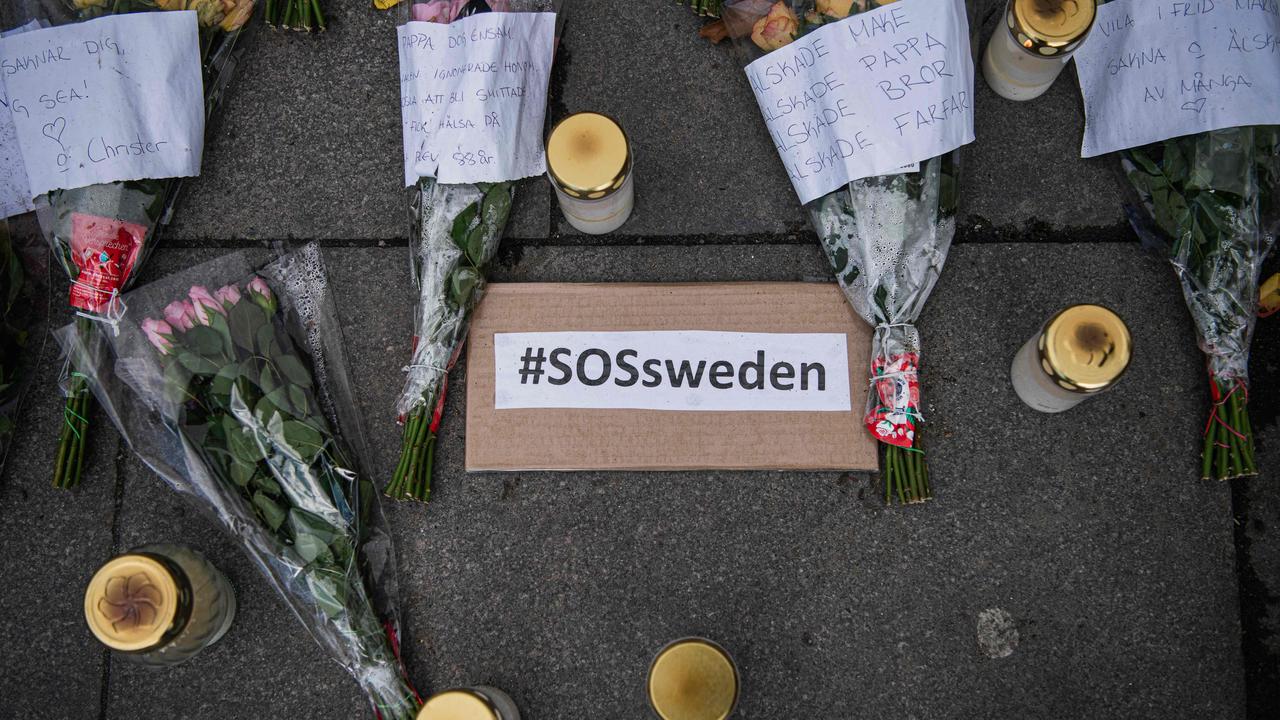
However, the sentiment among the Swedish seems to indicate people are largely happy with their country’s actions. Opinion poll results show a rise for the governing Social Democratic Party for the second month in a row and public sentiment and government support around Prime Minister Stefan Lofven’s leadership is also growing.
Here, news.com.au spoke to a Swedish native and an Australian expat living in Sweden, for their opinion on the situation.
‘TAKING THE PANDEMIC WITH A PINCH OF SALT’
Speaking to news.com.au, substitute teacher Annie Larsson says life for her “hasn’t changed that much”.
Living in Lund – a university city in Sweden’s south – the 24-year-old says she’s still going into school while also working at a countryside nursery on the weekend, a business that’s booming.
As a substitute teacher, she’s been given more shifts as a result of COVID-19 due to teachers in at-risk groups staying home. She notes business has also increased at the nursery due to people spending more time at home.

Despite her two jobs, both of which put her in contact with a lot of people, she’s “not concerned” about possible infection.
“I feel like working as a substitute teacher right now is very important since a lot of parents are working in the healthcare system or in other essential occupations,” she says.
“As a generalisation I’d say Sweden is taking the pandemic with a pinch of salt. I’ve asked around the school where I work and most children aren’t worried at all, borderline arrogant when it comes to the situation.”
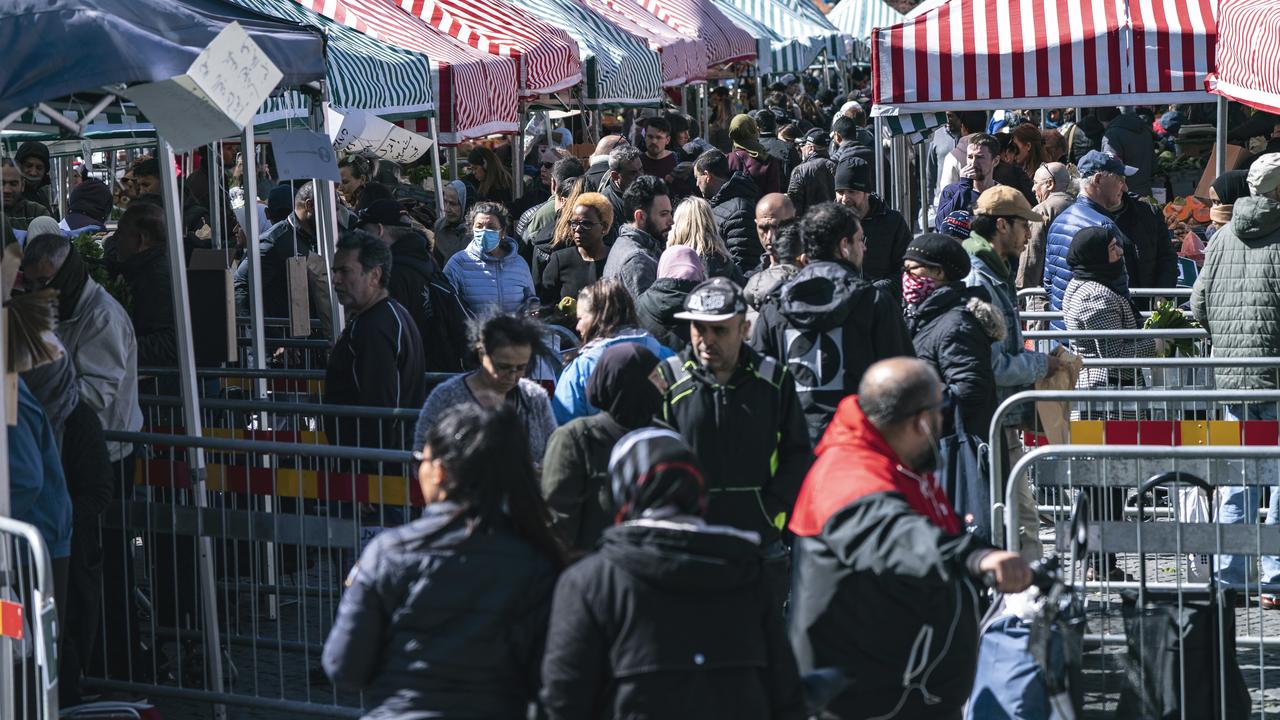
Annie has however noticed a generational shift in how older Swedes view the pandemic.
“I know some people over the age of 60 that are more careful and worried. In general that is the attitude I’ve picked up online as well. The older generation might be the ones that disagree the most with Sweden’s laid-back response to the outbreak.”
Similarly, her friends who work in the medical system are also showing more concern.
“I think it depends on the circles in which you’re involved in,” she says.
OPEN FOR BUSINESS
One of the most polarising aspects about Sweden’s COVID-19 management plan is that most restaurants, cafes, gyms and other non-essential businesses are still open. From the outside it can seem as normal life is continuing.
According to Annie this isn’t exactly true. In her city, the majority of gyms and exercise areas have closed, but she acknowledges she’s still able to go for a run is she wants.
There is, however, a united sentiment that sees people trying their best to support local businesses.
“People are still going out to the restaurants that are still open. We’re trying very hard to support our local businesses and of course they’re doing everything to keep things as safe as possible. So there are a lot of notes and there’re less tables for example,” she says.
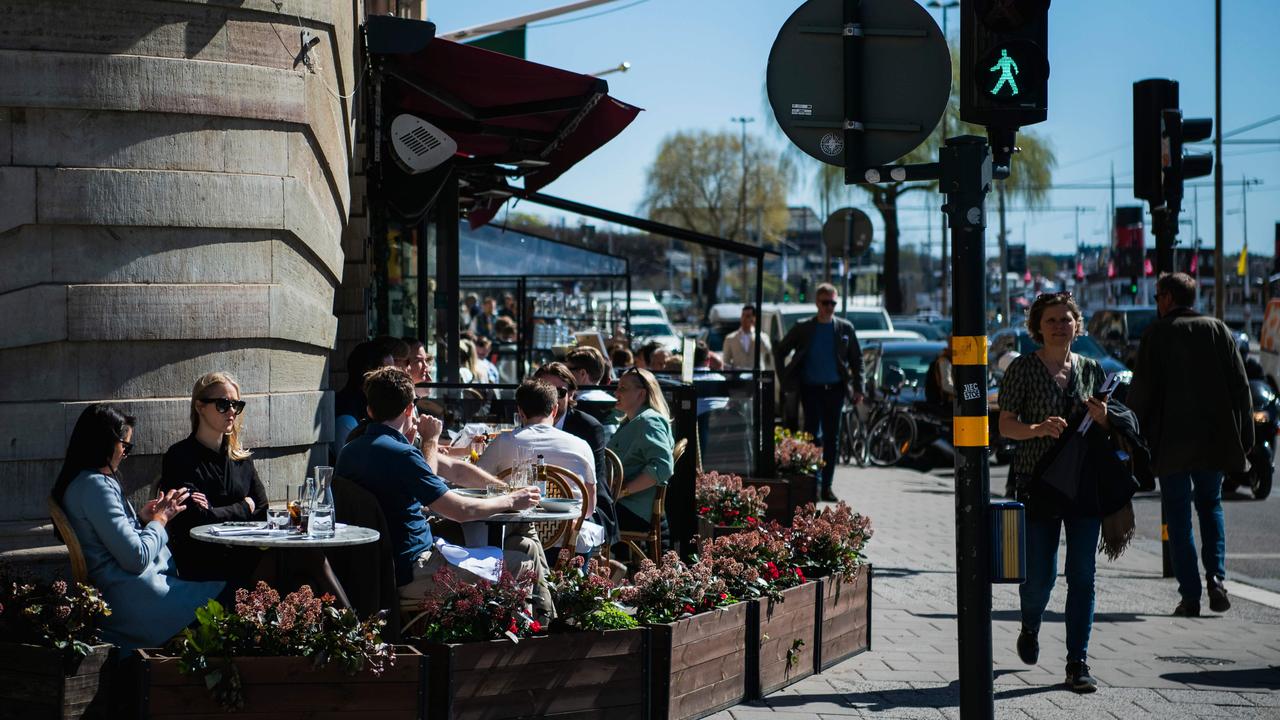
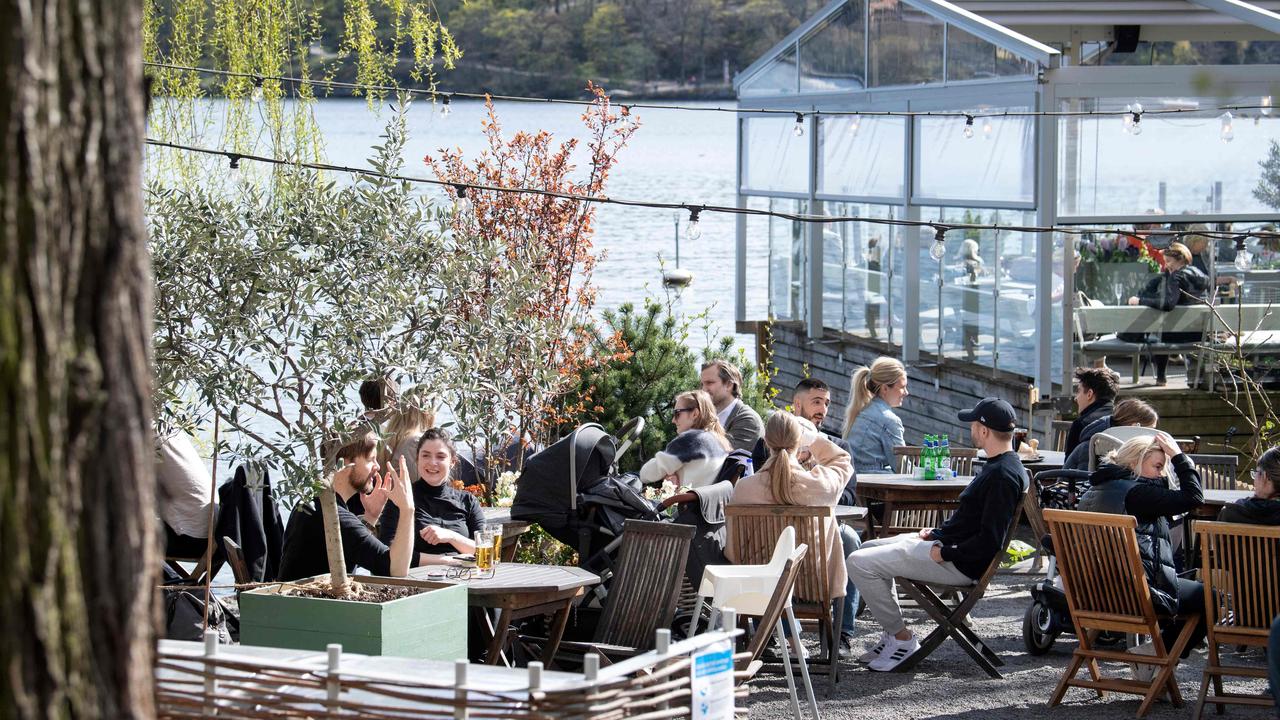
“With the places that are still open, people are still going there definitely. Not as much as ordinary but it’s still at quite a large scale, I’d say.
“Everybody has the mentality that we need to get through and that we need to support each other, so I’ve been going out as much as I can to support things I believe should stay and survive.
AN AUSTRALIAN IN STOCKHOLM
Currently living in Stockholm with her Swedish partner, daily life for 24-year-old Australian expat Piper has changed.
She’s working from home most days of the week and has been instructed to not travel or leave Stockholm in order to minimise the risk.
Being Australian, she did feel an initial disconnect to the country’s coronavirus policy.
“Being an expat here and with all my friends and family in both the UK in Australia in strict lockdowns made me feel guilty by the fact that I could go to a pub, gym or a restaurant,” she says.
“It honestly felt like I was breaking the law.”
The guilt has since wavered.
“As time has progressed I’m feeling more comfortable going about life as somewhat normal, especially now as other lockdowns are easing in surrounding countries.”
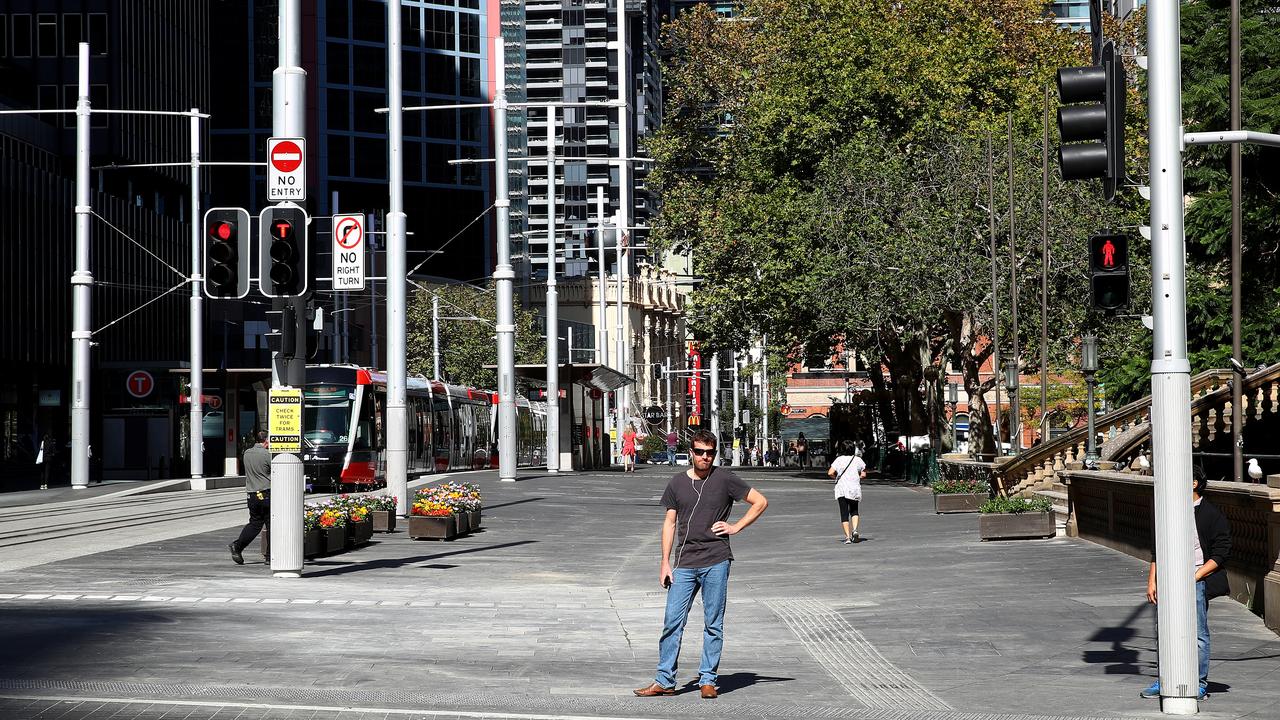
Piper’s main contention with Sweden’s health strategy however, is in regards to testing, especially in light of her possible brush with the disease.
“My boyfriend and I believe we had the virus seven weeks ago but can’t know for sure,” she says.
“Once we felt better we were worried we could have, or were unknowingly spreading it when we met friends”
As reported by English news publication, The Local, Sweden went from a comprehensive testing approach that saw tests administered to anyone who reported symptoms after travel to high-risk regions, or were in contact with confirmed patients, to only testing the most vulnerable groups, or people with severe respiratory symptoms.
That means that the number of confirmed cases of coronavirus in the country – currently at just under 24,000 – is likely to be significantly lower than the real figure.
Instead of being tested, people who report the mild flu-like symptoms associated with COVID-19 – sore throat, mild fever, cough – are asked to stay at home and practice social distancing.
The Swedish Public Health Agency advised: “The previous strategy of catching all cases of illness, by testing people who get symptoms after travelling in certain areas abroad, is no longer the most effective.
“This means that everyone who is sick with cold or flu-like symptoms should be at home so as not to risk spreading the infection to others.”

Ultimately, Piper is “reluctant” to say whether the country’s strategy is correct, but she admits she’s thankful to have to freedom to make her own choices.
“Most Swedes are satisfied with the response here. I think the most uncertainty and opposition has come from other expats, in which I’ve seen plenty of comments on Twitter or Facebook,” she says.
“But myself included, we are thankful for the freedom and the choices we can make rather than have anything forced upon us.”
THE TRUST FACTOR
The Swedish public put a lot of trust in their government. They’re also on the whole compliant with the advice of their Public Health Agency, even though they’re worded as voluntary measures.
Annie notes that as the pandemic has continued, with their daily cases now decreasing, the fear felt by the Swedish public is also wavering.
“At first a lot of people were angry and worried but the fear has gone down. The public understanding of COVID-19 is much better now and people are thinking ‘straighter’ than they were a month ago,” she says.
“People have calmed down a lot and Sweden in general has a lot of trust in our government.
“We have a lot of faith in our system and that goes a long way in keeping the economy going. People are going to work if they’re not sick and taking extra precautions of course, but we’re still trying to maintain a working society, as much as we’re able.”



